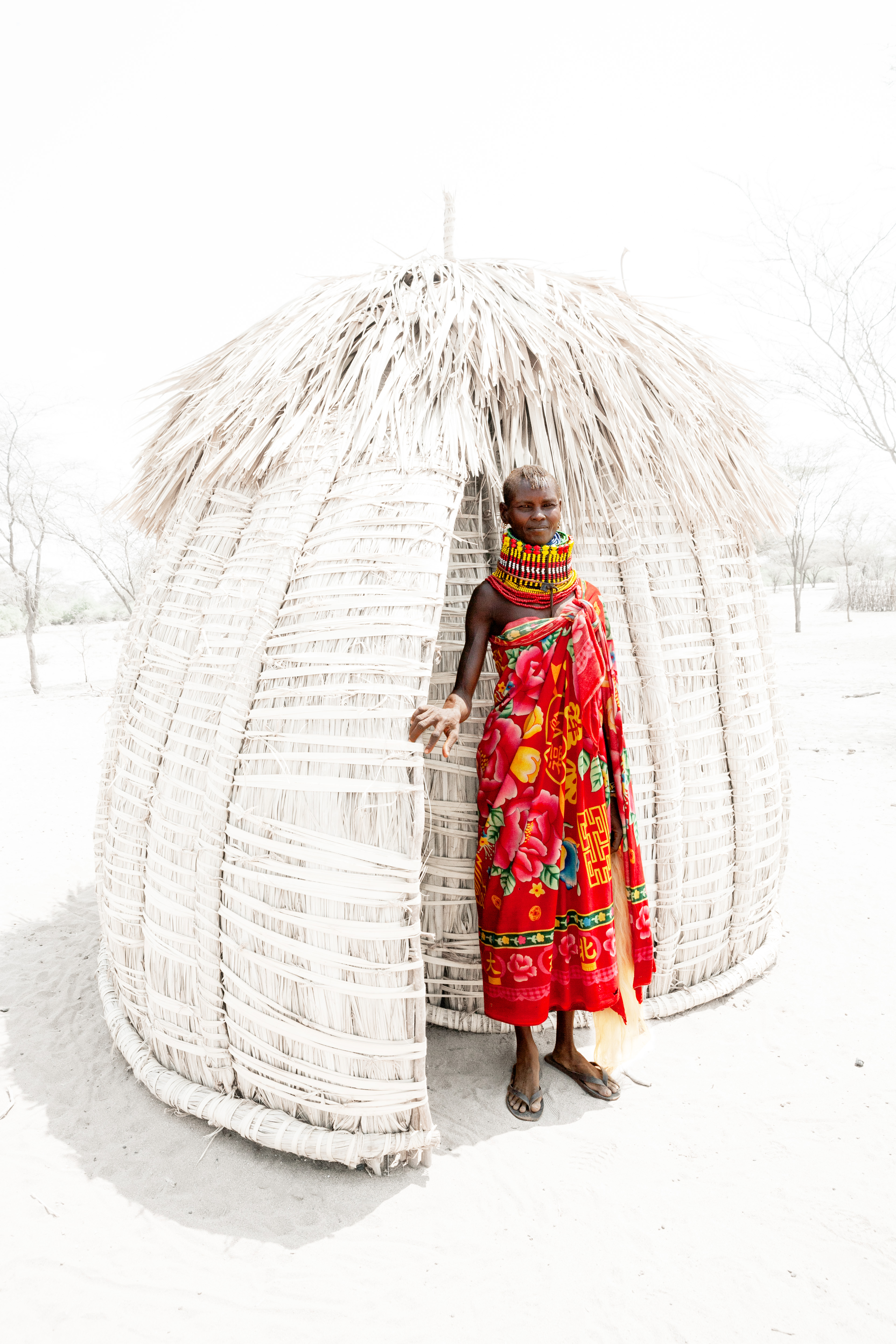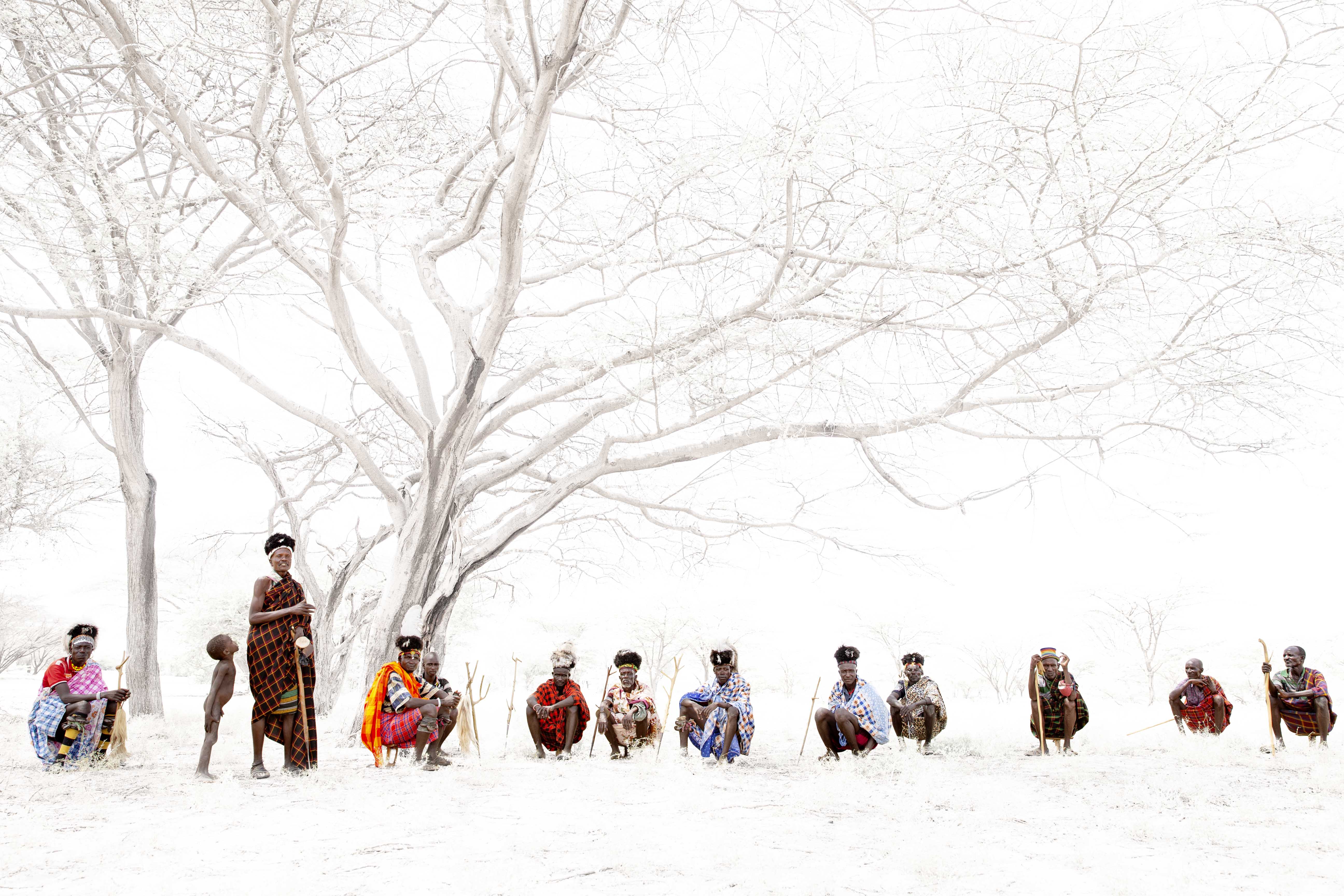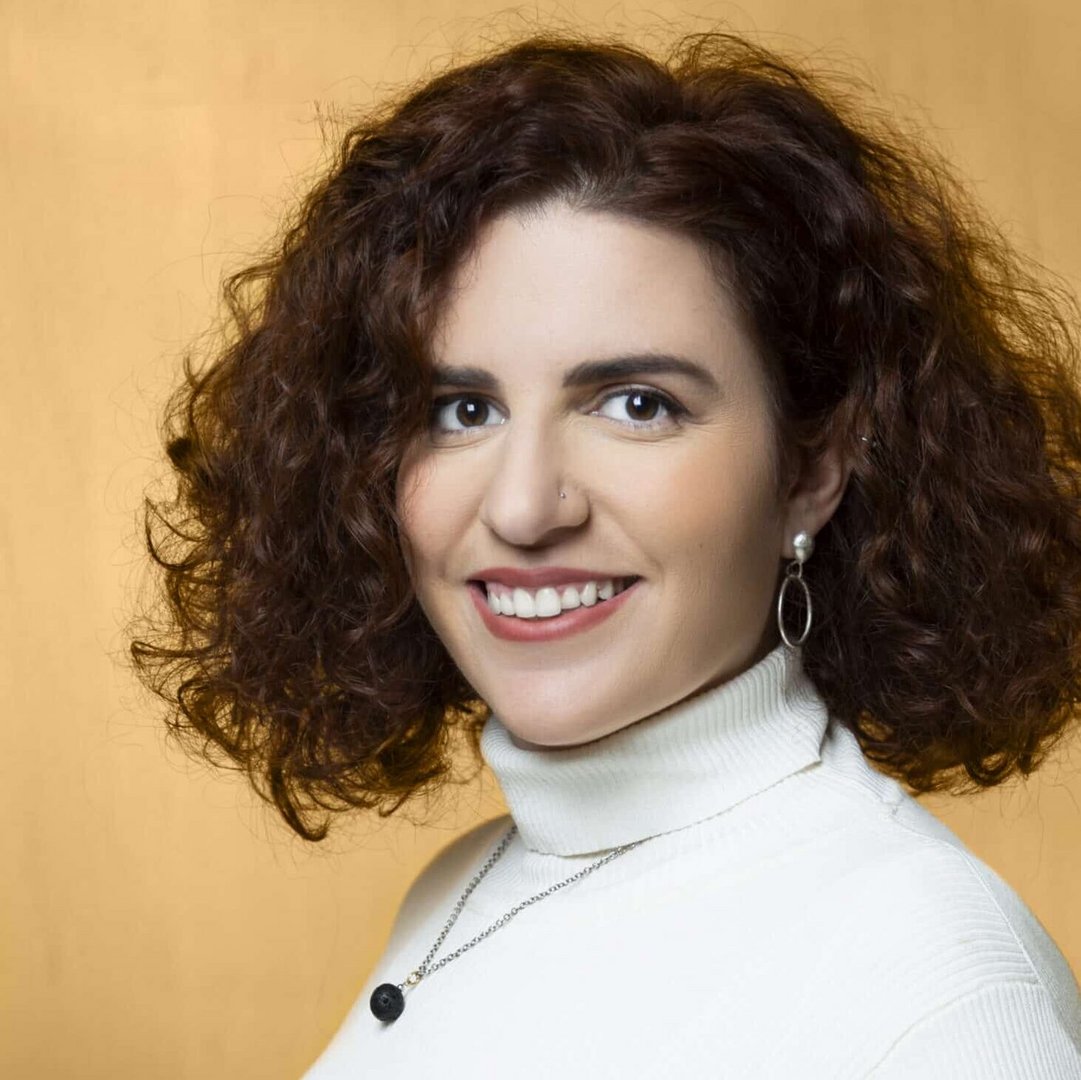An exhibition opening this week brings cultures, tribes and landscapes from afar to the heart of Nicosia. Marina Shacola presents the Sunscapes photography exhibition depicting the people of the Turkana desert in northwest Kenya, one of Africa’s oldest nomadic tribes.
Hosted at Gallery Omicron and curated by Nikos Pattihis, a series of striking photographs will be on show from Saturday to November 28, showing glimpses into another world.
Commenting on the exhibition, visual artist Savvas Christodoulides, writes: “Marina Shacola’s photographs resemble tableaux vivants. Emerging from a dreamlike, nearly utopian atmosphere, they call to mind the beguiling lyricism of Tarkovsky’s cinema. They are the kind of artistic images that do not symbolise but rather express a self-contained world that exists in parallel with our own. At the same time, they articulate a connection between space and time that defies logical reasoning.”
He notes that upon closer inspection, the photographs capture brightly-dressed figures with shaven heads, beaded collars and necklaces. Members of the Turkana tribe pose before Shacola’s lens and she creates timeless formal portraits in striking natural environments.
“There is something both daring and dignified in the way these bodies, individually or as a group, are clothed and composed,” he adds. “One perceives a marked interplay of colour, gesture and movement that evokes the continent’s unique rhythms.
“Shacola transports us to a world that bears the marks of our time, a new age of populations on the move in search of a better life. Yet there is nothing violent or tragic in her photographs. On the contrary, they offer, calmly and effortlessly, a new meaning of life, one clothed both literally and metaphorically in the desire for change. Her photographs suggest a different understanding of progress which is, at the same time, in step with the rhythms of the Western world. Shacola’s political engagement underscores this notion of shifting boundaries: the fragile balance between the wish to preserve tradition and the impulse to incorporate elements of the modern, the foreign and the new.

“The figures in Shacola’s photographs,” he concludes, “bear the marks of globalisation, yet they also embody an unchanging gift for composition, a refined aesthetic capacity that invites anthropological reflection and cultural empathy.”
The award-winning photographer splits her time between Cyprus and Kenya, working on projects that feature humanitarian and social issues on an international level. She is also the president the Cypriot non-for-profit organisation Sophia for Children since its foundation in 2008 whose mission is to combat poverty and inequality affecting children in the two countries.
The Turkana people have survived extreme conditions while preserving a profound cultural identity. Livestock herding has been the main source of livelihood for generations, however, the region’s arid and rugged landscape has never allowed for the development of a sustainable economy. Today, a new challenge threatens this fragile balance: the discovery of oil in 2012 has brought economic and political interests, sparking conflicts and increasing pressure on scarce resources such as food and water, now even more limited due to climate change.
“Turkana are as ancient as the land they walk on. And they will survive,” notes Shacola.
Sunscapes
Photography exhibition by Marina Shacola with the Turkana tribe. November 8-28. Omicron Gallery, Nicosia. Monday-Saturday: 11am-2pm and 4pm-7pm. www.sophiaforchildren.com






Click here to change your cookie preferences